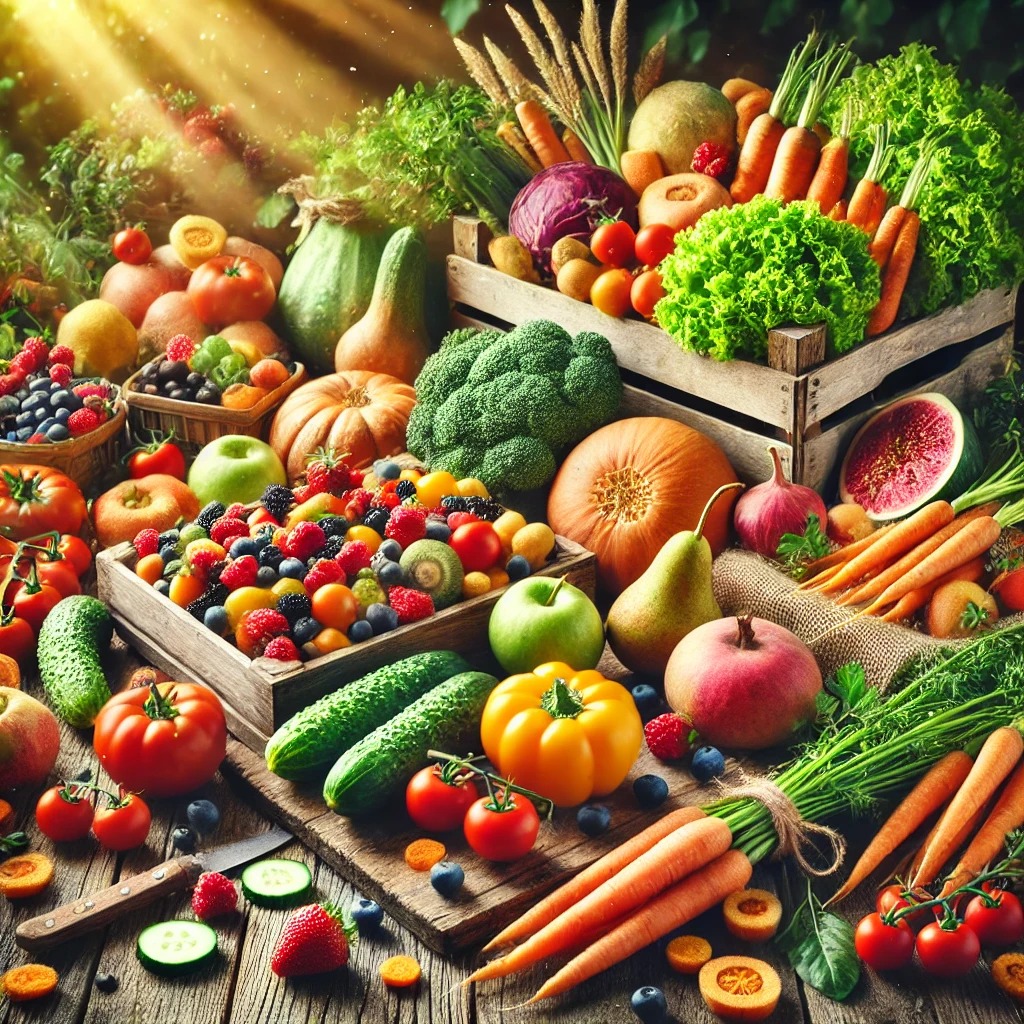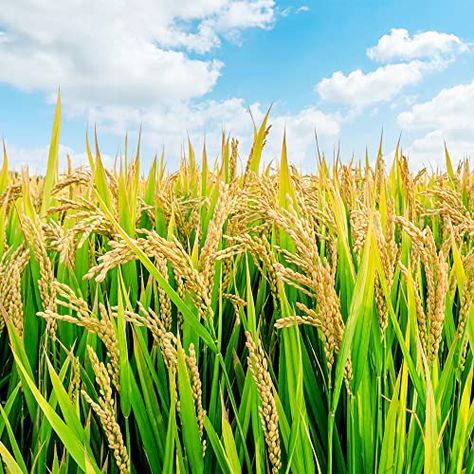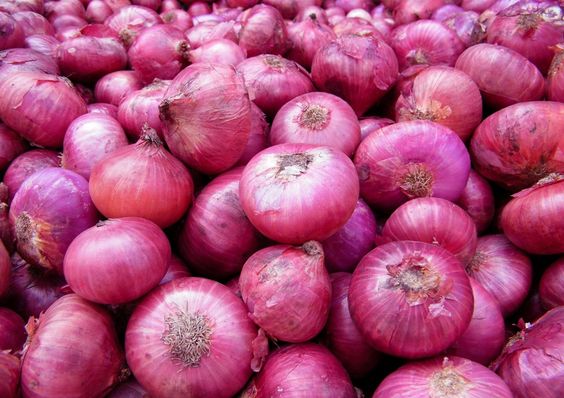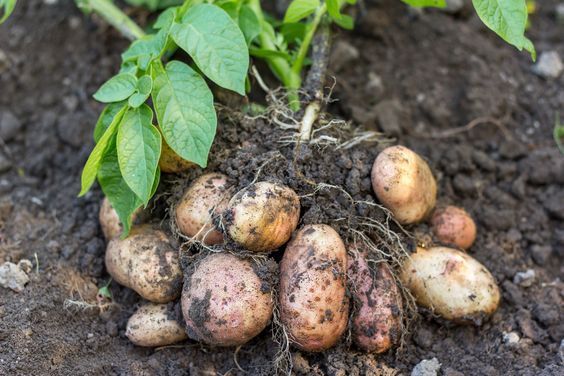Why Organic Products are Better: A Comprehensive Guide
Organic products have gained significant popularity over the last few decades, with many consumers shifting away from conventionally produced foods. The reasons behind this shift are rooted in concerns about health, environmental sustainability, and ethical considerations. Organic farming practices eschew synthetic pesticides, chemical fertilizers, genetically modified organisms (GMOs), and often promote animal welfare standards. This article explores the compelling reasons why organic products are better, touching on the key areas that make organic foods a preferred choice for many.
Contents
1. Health Benefits of Organic Products
1.1 Fewer Pesticides and Harmful Chemicals
One of the most significant health benefits of organic products is the reduced exposure to pesticides. Conventional farming often relies heavily on synthetic pesticides to protect crops from pests and diseases. Although these chemicals help increase yield, studies have shown that pesticide residues can remain on foods, which may have negative health effects. Organic farming restricts the use of synthetic chemicals, minimizing the potential health risks associated with their consumption.
For example, the Environmental Working Group (EWG) publishes an annual list called the “Dirty Dozen,” which identifies conventionally grown produce with the highest pesticide levels. By choosing organic versions of these items, consumers can significantly lower their exposure to harmful chemicals.
1.2 Higher Nutrient Content
Many proponents of organic food argue that it is more nutritious than conventionally grown produce. Some studies have shown that organic crops have higher concentrations of certain nutrients, including vitamins, minerals, and antioxidants. For instance, a meta-analysis published in the British Journal of Nutrition found that organic crops contained higher concentrations of antioxidants compared to non-organic ones. Antioxidants are crucial in protecting the body from oxidative stress and can help prevent chronic diseases such as cancer, heart disease, and neurodegenerative disorders.
1.3 Reduced Exposure to Antibiotics and Hormones in Organic Meat
Organic meat, dairy, and poultry also offer health advantages. In conventional livestock farming, animals are often given antibiotics and growth hormones to promote faster growth and prevent disease in crowded conditions. The overuse of antibiotics in animal farming has contributed to the rise of antibiotic-resistant bacteria, posing a significant public health threat. Organic farming prohibits the use of antibiotics and synthetic hormones, ensuring that consumers are not exposed to these substances.
2. Environmental Advantages of Organic Farming
2.1 Promotes Soil Health
One of the pillars of organic agriculture is maintaining and improving soil health. Conventional farming practices, such as monocropping and the use of chemical fertilizers, can degrade soil over time, leading to erosion, nutrient depletion, and loss of biodiversity. Organic farming, on the other hand, focuses on soil management techniques that build long-term fertility, such as crop rotation, composting, and the use of natural fertilizers like manure and cover crops.
Healthy soil is not only crucial for growing nutritious food but also for capturing carbon and helping mitigate climate change. A study by the Rodale Institute found that organic farming practices could potentially sequester more carbon in the soil than conventional farming, making it an important strategy in the fight against global warming.
2.2 Water Conservation and Reduced Pollution
Organic farming methods are generally more water-efficient than conventional agriculture. Practices such as cover cropping and mulching help retain moisture in the soil, reducing the need for excessive irrigation. Additionally, because organic farms do not use synthetic fertilizers and pesticides, they are less likely to contribute to water pollution. Chemical runoff from conventional farms often contaminates nearby rivers, lakes, and groundwater, leading to environmental degradation and health hazards for local communities.
2.3 Biodiversity and Ecosystem Health
Organic farming promotes biodiversity by creating an environment where multiple species can thrive. Conventional farming often relies on monocultures, which reduce biodiversity and make crops more vulnerable to pests and diseases. Organic farms, on the other hand, encourage the use of diverse crops and natural pest control methods, such as introducing beneficial insects or companion planting. This approach supports a more balanced ecosystem and reduces the need for chemical inputs.
The protection of pollinators, such as bees and butterflies, is another significant benefit of organic farming. Pesticides used in conventional farming have been linked to the decline of pollinator populations, which are essential for the reproduction of many crops. By avoiding these harmful chemicals, organic farming helps protect these vital species and the broader ecosystem.
3. Ethical and Social Considerations
3.1 Animal Welfare
Organic farming often emphasizes higher standards of animal welfare. Animals raised organically must be given access to outdoor spaces, clean water, and organic feed, and they cannot be treated with antibiotics or synthetic growth hormones. These practices promote better health and well-being for the animals, as opposed to the often overcrowded and inhumane conditions found in factory farming.
The ethical treatment of animals is a key concern for many consumers, and by choosing organic products, they can support farming practices that prioritize animal welfare.
3.2 Supporting Local and Sustainable Agriculture
Many organic farms are smaller, family-owned operations that prioritize sustainable and community-oriented practices. By purchasing organic products, consumers often support local farmers who are committed to environmentally friendly and socially responsible farming methods. This not only strengthens local economies but also reduces the carbon footprint associated with transporting food over long distances.
Moreover, organic farming provides fairer wages and working conditions for farm laborers, who are often exposed to harmful chemicals in conventional farming settings. Supporting organic farms contributes to a more ethical and equitable food system.
4. Economic Impact of Organic Products
4.1 Growing Demand for Organic Products
The demand for organic products has been steadily increasing over the years, driven by consumer awareness of the health and environmental benefits. This growing demand has led to more farmers transitioning to organic practices, despite the initial challenges of certification and conversion from conventional methods.
While organic products are often more expensive due to the labor-intensive farming methods and smaller yields, many consumers are willing to pay a premium for food they perceive as healthier and more sustainable. Additionally, as the organic market continues to grow, economies of scale may help reduce prices over time, making organic food more accessible to a wider audience.
4.2 Long-Term Sustainability
Although organic farming may initially be more costly and labor-intensive, it is often more sustainable in the long term. Conventional farming methods that rely on synthetic chemicals and intensive monocropping can lead to soil degradation, water scarcity, and loss of biodiversity, which threaten future food security. Organic farming, with its focus on soil health, water conservation, and ecosystem balance, offers a more resilient and sustainable approach to agriculture.
5. Debunking Common Myths About Organic Products
5.1 “Organic Products Are Just a Marketing Gimmick”
Some critics argue that organic products are simply a marketing tool to charge higher prices for the same food. However, this view overlooks the genuine benefits of organic farming, including reduced pesticide exposure, environmental protection, and ethical farming practices. While not all organic products are created equal, certified organic labels provide assurance that specific standards have been met.
5.2 “Organic Farming Is Inefficient and Can’t Feed the World”
While organic farming does tend to produce lower yields than conventional farming, it offers a more sustainable approach that can improve food security in the long term. By focusing on soil health and ecosystem resilience, organic farming can help ensure the longevity of agricultural systems, even in the face of climate change and resource scarcity.
In summary, organic products offer a wide range of benefits that make them a better choice for both consumers and the environment. From reducing exposure to harmful chemicals to promoting animal welfare and supporting sustainable farming practices, organic products are more than just a trend—they are a step towards a healthier, more ethical, and environmentally sustainable food system. While the higher cost of organic foods can be a barrier for some, the long-term benefits for individual health and the planet make the investment worthwhile.




